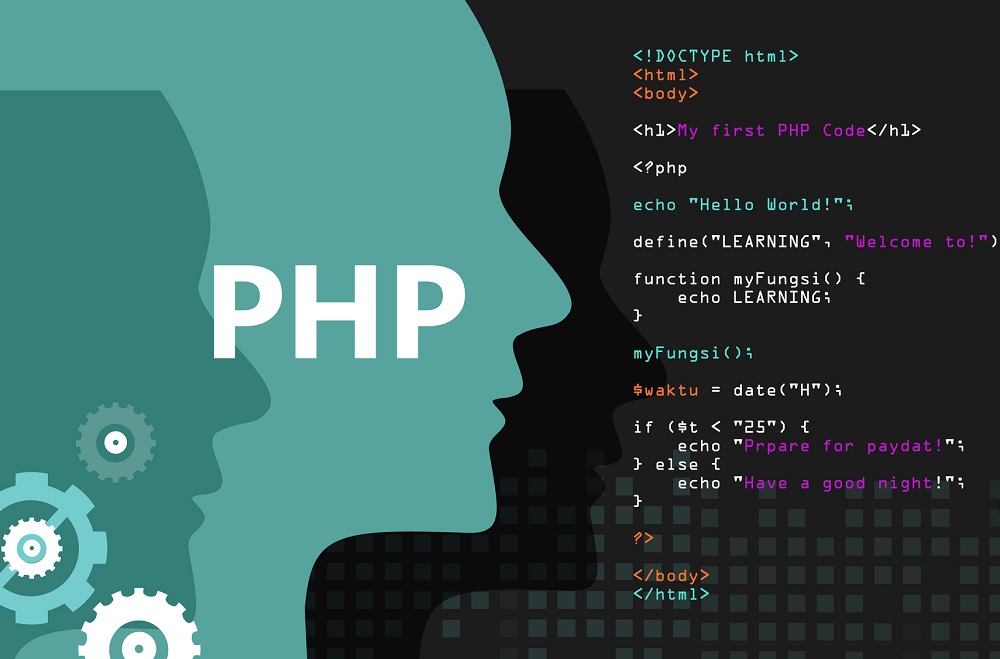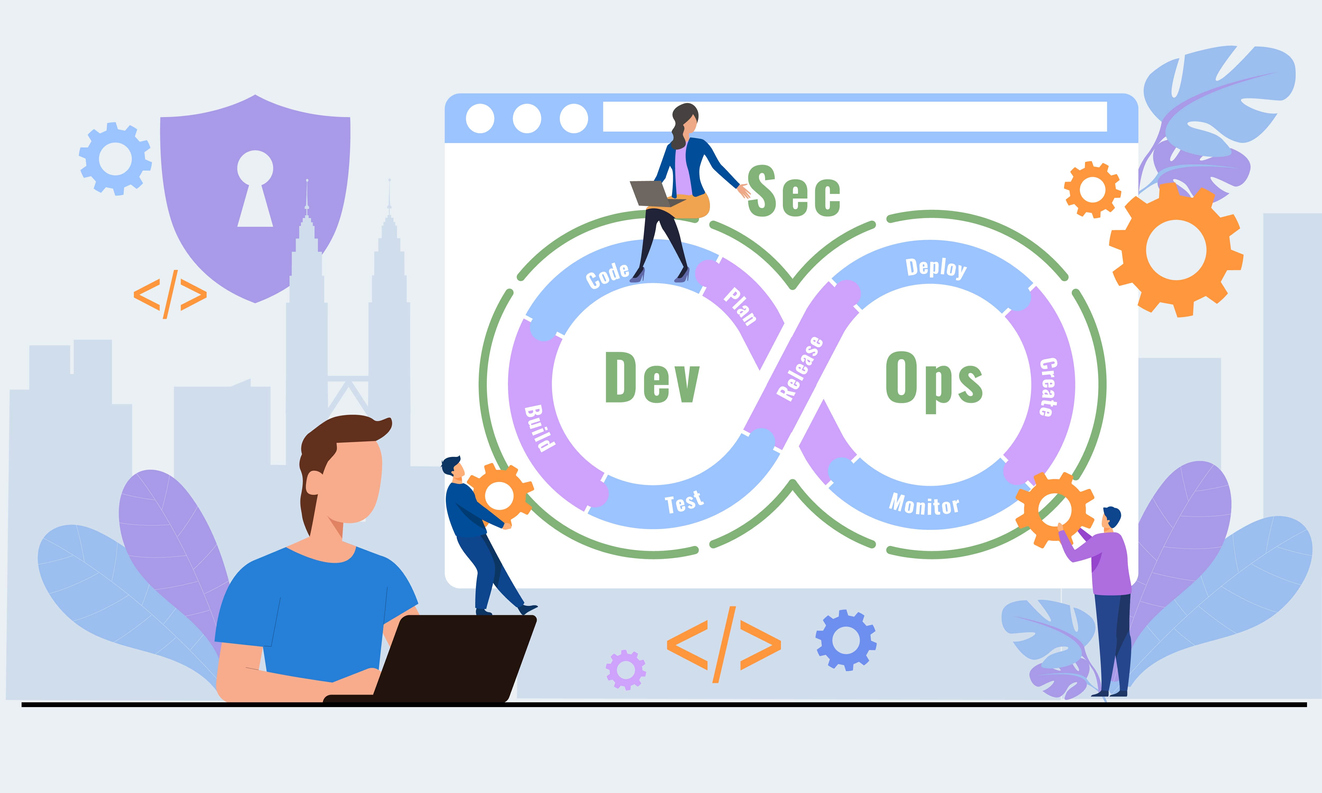Three words can be used to describe PHP: functional, flexible and popular.
That’s why this scripting language is used by some of the biggest websites in the world, including Wikipedia, Facebook and WordPress. In fact, it is used by more than 80 percent of all websites, far more sites than ASP.Net, ColdFusion and Perl. That’s why it’s so important for serious web developers and designers to get into PHP. Here we’ll take a broad look at this language and why it’s so popular. (PHP is also being used for IoT projects. Find out more in The Top 10 Coding Languages for IoT Projects.)
What Is PHP?
PHP is a recursive acronym for PHP: Hypertext Preprocessor, and it’s used for server-side scripting in order to come up with dynamic web pages. PHP is basically a general-purpose script language and is usually embedded into HTML.
Because it’s a server-side language, it is not executed on the user’s computer but on the computer or server from which the web page is being requested. Take note, however, that the server does not naturally understand PHP. It must be configured to detect PHP segments in a .php file, get the entire HTML arranged, and send it to the user. In fact, PHP is executed first, before any of the HTML itself is run.
What makes PHP so useful is that it pares down the amount of code that you need to do a certain task. What’s more, it’s easy to get into “PHP mode” while writing HTML code. You just need to enclose your PHP codes in “?php” and “?”.
How PHP Started
PHP has been around longer than you might imagine. In fact, it was first introduced in 1995 by Rasmus Ledorf, who wrote the initial scripts to help him manage his own website. Since then, the simple scripting language based on Common Gateway Interface binaries in C evolved to how we know it today. Now, PHP is the most known and most used scripting language.
Why PHP Is Popular
Aside from being the most widely used scripting language in the world at present, there are other reasons why PHP is something that you should learn.
First, PHP is open source. What this means is that the actual programming used for PHP scripts is open for everyone to see. Combined with PHP’s popularity, this ensures that there are a lot of people working on improving it. This means that PHP is also very inexpensive and very reliable. You can even get preprogrammed scripts. (Read more about the open source movement in Open Source: Is It Too Good to Be True?)
PHP can also be used in many platforms and is compatible with many servers. PHP scripts may be executed on a computer that runs on Windows and will have no problems when it is run on a Unix or Linux machine. What’s more, PHP runs on many of the most popular servers today, such as IIS and Apache. PHP also works seamlessly with most of the popular database servers such as Hyperweave, Sybase, Oracle, MySQL, FrontBase, Ingres and Informix. It also supports open databases connectivity (ODBC). This means that any database servers using this standard will be able to work with PHP.
PHP also works well with a lot of protocols such as IMAP, POP3, HTTP, COM, LDAP and SNMP. It can even support Java objects, CORBA and WDDX complex data exchange.
In terms of security, PHP has a good record. According to the National Vulnerability Database, about 8.5 percent of all vulnerabilities are related to PHP. Fortunately, a great majority of these vulnerabilities are not related to the technical structure of PHP or any of its associated libraries, but have more to do with programmers not following best practices, such as not securing their code or writing bad scripts.
Last but not least, PHP is very flexible. Gone are the days when PHP was seen as a series of sloppy lines of code more suited for use by hobbyists than professional web developers or webmasters. Nowadays, PHP is seen as a very flexible web development language that may be used to create traditional desktop applications, batch processing programs and web applications. This is because PHP is rather easy to use and very simple to understand. In fact, it’s quite possible to learn PHP even without prior programming experience and knowledge.
All web developers and programmers will inevitably work on a PHP-related program. In fact, a lot of programmers now deal with PHP almost on a daily basis. The good news is that PHP is very easy to learn and is accessible even to newcomers.
The Pitfalls of Using PHP
Just because PHP is easy to learn and fairly simple does not mean that anybody can create complex projects using PHP. In fact, larger and more complex projects using PHP can often stump even intermediate programmers. More complex programming requires a certain level of expertise. Fortunately, though, there are already existing templates that can make their work easier. There are also limitations to what can be accomplished using PHP, so it sometimes needs to be supplemented with other methods.
Finally, because PHP is open source, the code is often visible in plain text. This could become a problem for those who sell their programming as a product.
Learning PHP
There are a lot of sites that offer tutorials on PHP for beginners, intermediate and expert programmers. Previous knowledge in HTML or XHTML and JavaScript is preferred, but a basic understanding of these provides enough background to begin to learn and understand PHP. Once you are ready to test out your PHP skills, you should get a web server with PHP support by using your own server and installing Apache or IIS on it, and then installing PHP and MySQL (or another database server you like). You could also get a web host that offers both PHP and MySQL support.
PHP has become a critically important programming language. It helps programmers and designers create dynamic and complex websites. Because PHP is simple and inexpensive, it’s likely that most developers and web designers will work with it at some point and should at least be familiar with it and how it works. As for less technical website owners who want to learn to enhance their websites, PHP is also a good place to start.






